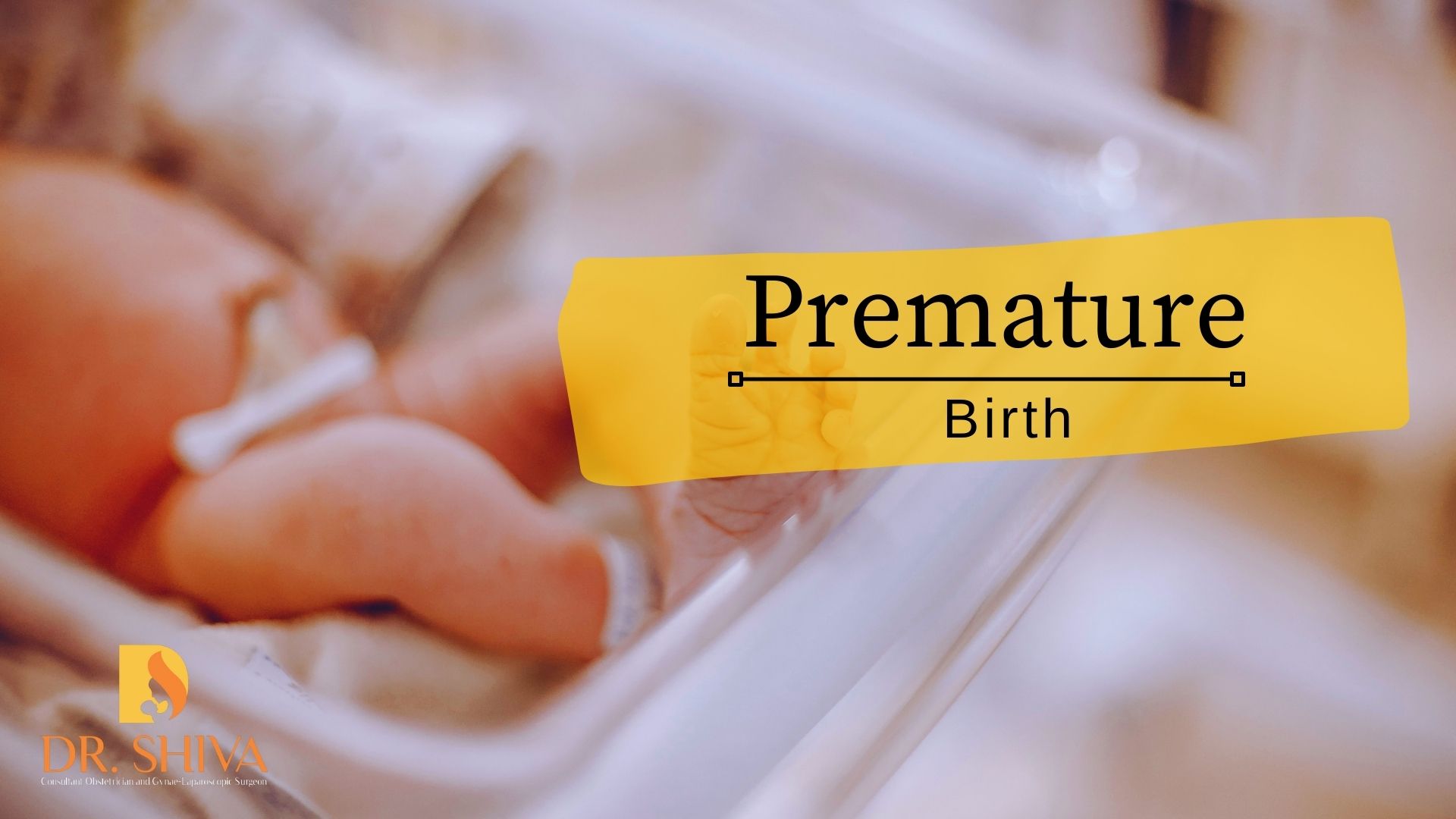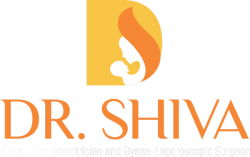
A pregnancy term is usually 40 weeks. A birth that takes place before the completion of 37 weeks is known as premature birth (pre-term baby). Premature babies may come across some medical problems but the severity or risk increases depending on how early the baby was born.
Preterm birth is categorized as
- Late preterm – born after 34 weeks
- Moderately preterm – born after the completion of 32 and before the start of 34 weeks
- Very preterm – born between 25 to 32 weeks
- Extremely preterm – at or before 25 weeks of pregnancy
Chances of having premature birth –
- Pregnant with multiple babies
- History of miscarriage or premature birth
- Issues with uterus or cervix
- Physical trauma
- Mother catches an infection
- Reduced gap between pregnancies (less than 6 months)
- High blood pressure or diabetes.
In a few cases, progesterone supplements and cervical cerclage, where the cervix is stitched to provide support to the uterus, may help to reduce the chances of preterm.
Signs of premature birth –
If you experience sudden contractions, a discharge of mucus from the vagina, water break or decrease of baby movements before 37 weeks, you have to immediately contact your doctor to slow down or stop the labor.
Medicines will be provided to stop contractions. Injections will also be provided to help the baby’s lungs to be stronger and to function efficiently before they are given birth.
Signs of premature babies –
- Small size and more sharp features due to lack of fat
- Labored breathing
- Fine layer of hair(lanugo)
- Problems in sucking
- Body having very low temperature.
A premature baby will require a longer stay at the hospital and the duration may increase based on how premature the baby is. The baby may be placed in NICU for proper care.
Risk associated with premature birth –
The problems may be short term or long term.
- Breathing issues
- Heart problems
- Issues with the digestive tract
- Jaundice
- Anemia
Other risks include development problems which may be visible only later like –
- Language delays, learning and thinking difficulties,
- Delay in growth and movement
- Issue with hearing, vision
- Social or emotional problems.
Always keep a constant check about the child’s development and growth. If you have any concerns do check with the doctor.
For more details, kindly contact the doctor.



Recent Comments